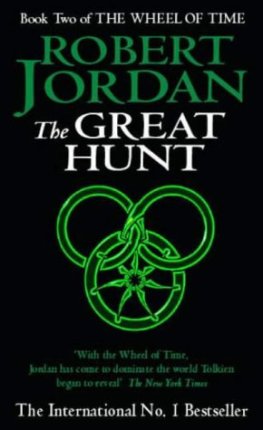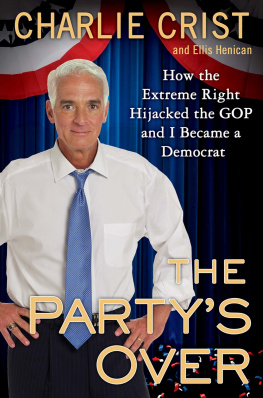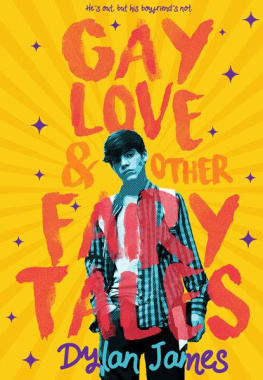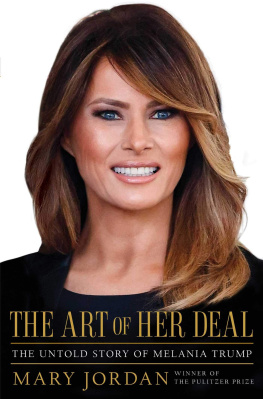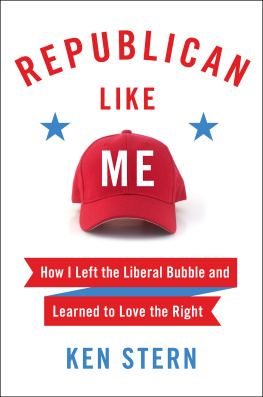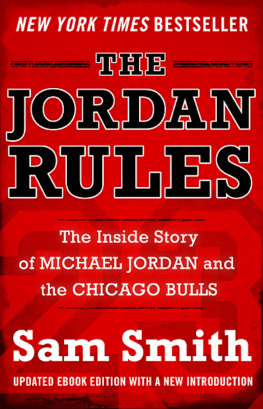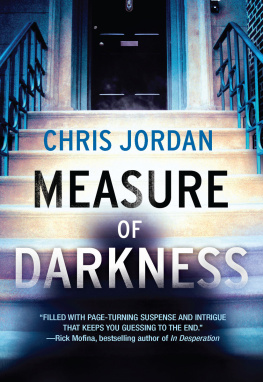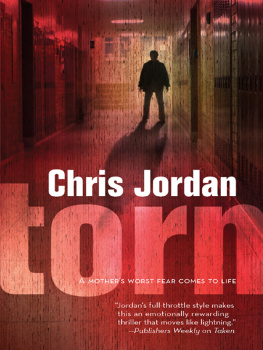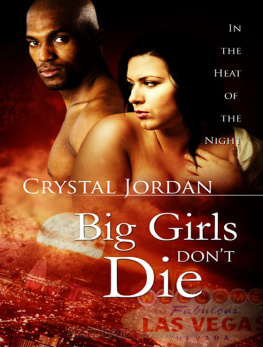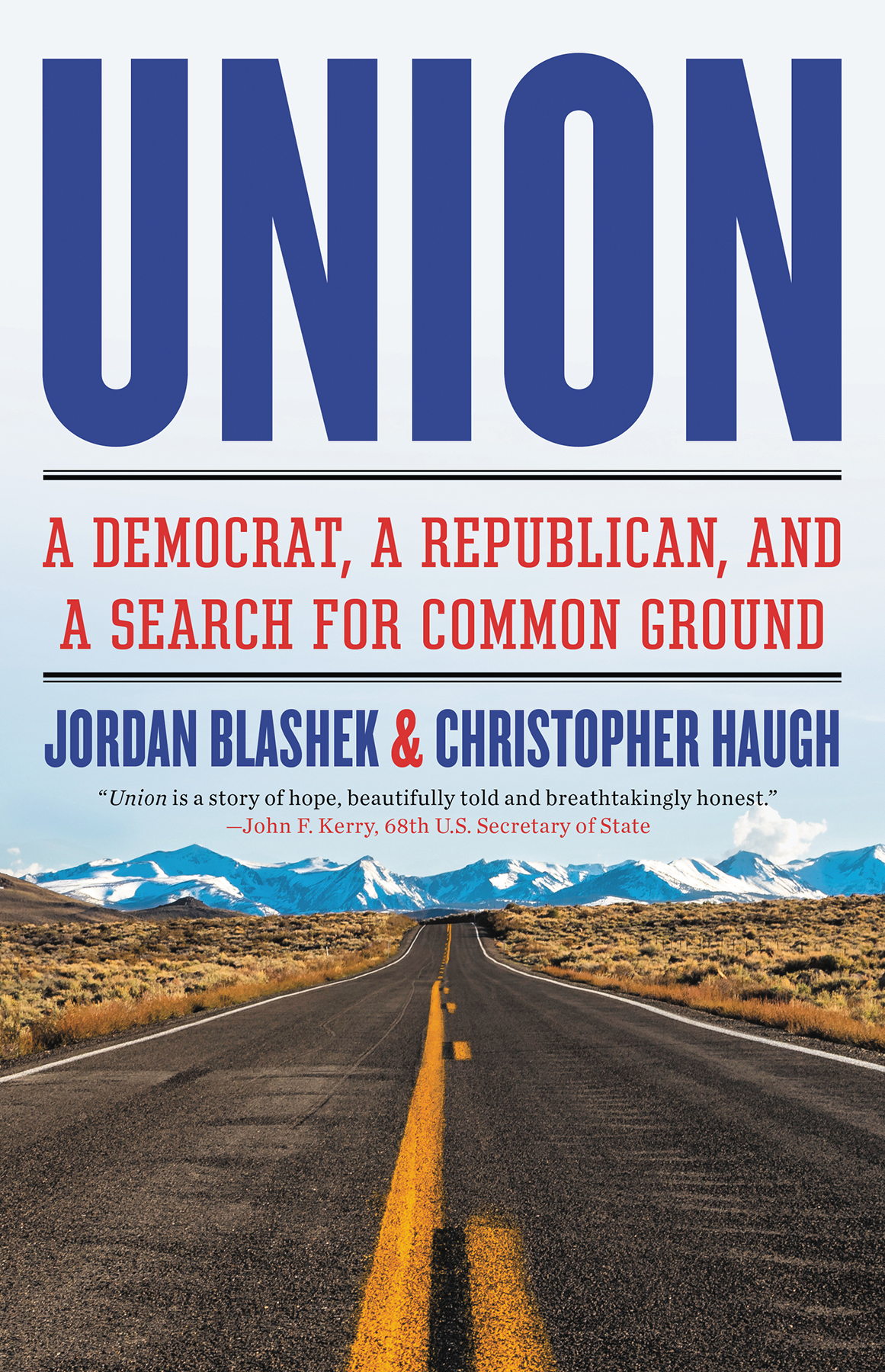
Copyright 2020 by Jordan Blashek and Christopher Haugh
Cover design by Gregg Kulick
Cover art by Michael Haugh
Cover copyright 2020 by Hachette Book Group, Inc.
Author photographs by Lauren Volo
Hachette Book Group supports the right to free expression and the value of copyright. The purpose of copyright is to encourage writers and artists to produce the creative works that enrich our culture.
The scanning, uploading, and distribution of this book without permission is a theft of the authors intellectual property. If you would like permission to use material from the book (other than for review purposes), please contact permissions@hbgusa.com. Thank you for your support of the authors rights.
Little, Brown and Company
Hachette Book Group
1290 Avenue of the Americas, New York, NY 10104
littlebrown.com
facebook.com/littlebrownandcompany
twitter.com/littlebrown
First Edition: May 2020
Little, Brown and Company is a division of Hachette Book Group, Inc. The Little, Brown name and logo are trademarks of Hachette Book Group, Inc.
The publisher is not responsible for websites (or their content) that are not owned by the publisher.
The Hachette Speakers Bureau provides a wide range of authors for speaking events. To find out more, go to hachettespeakersbureau.com or call (866) 376-6591.
ISBN 978-0-316-42378-6
LCCN 2020930306
E3-20200327-DA-PC-ORI
To our mothers, Carolyn and Holly
Explore book giveaways, sneak peeks, deals, and more.
Tap here to learn more.

July 4, 2019
E arlier today, we submitted Union to our publisher, concluding more than three years of work. Tonight we will celebrate the Fourth of July at Chriss childhood home near Berkeley, California, with a smattering of family and friends. Sharing one anothers lives like this has become the heart of our friendship. This book is a record of those rituals, and our way of sharing them.
Union is a story about the road. But these trips werent always meant for a book. When we first set off for California from New York City in 2016, it was a lark. Neither of us imagined we would spend the next three years together writing about what was to come. As a result, this book is part memoir and another part reporting. By the midpoint of our drives, we were taking copious notes, snapping a number of photos, and recording as many interviews as we could. But Union will always be a fusion of both memory and reporting. Its about the experience of meeting people and listening to their stories. We didnt write an exhaustive account of who we met and where they came from. We wrote about our impressions of these encountershow they made us feel, and what we discussed with each other afterward.
Over many thousands of miles, the fog of the highway inevitably sets in. Union is our good-faith effort to tell the story as it happened. Thankfully there are two of us, and we were rarely shy in correcting one anothers memories. Everything in this book is the best attainable version of the truth, as one of Chriss mentors often puts it. Some quotes in the book are reconstructed from memory. Others are derived from transcripts. More yet are pulled from our daily notes. We dont distinguish among them for a very particular reason: we went back and checked our recollections with as many people as possible, then employed two fact-checkers to do the same.
We decided to write Union in the third person, like a novel, so readers could more readily understand our frames of mind and emotions in the moment. We considered writing it in the first-person singular, bouncing back and forth between our two voices, but ultimately decided to leave that to William Faulkner.
On our journeys, we chose places to travel for a variety of reasons: there was a story we wanted to report, an event we had to see, or simply a place we had always dreamed of visiting. Along the way, we met people by appointment and also by chance. Some of them we sought out because of mutual connections, or research on our part. None of them were chosen because they stood in for larger trends; they were just people. People who welcomed us into their homes, who shook our hands despite our differences, and who let us see them at their strongest moments and their most vulnerable.
We never paid anyone or promised anything, except an adherence to the truth.
But we did participate in the lives of the people we met. Jordan moved tackle and boxes for a lobsterman, Chris dialed a truckers phone while he drove, and we both volunteered in a Tijuana free kitchen. Sometimes we went even further. Chris edited a speech. Jordan bought a handbag made by former inmates of a womens prison. Perhaps that compromised us as journalists, but this project was always meant to be participatory. We engaged, and that mattered to us.
Writing Union was the last leg of our journey. Until we wrote it, and reflected on what we saw and did, we couldnt fully process what we had experienced. For three years, this work mattered to us most, so we worked multiple jobs in order to stay on the road. We took conference calls for our day jobs from the car, then stayed up well past midnight at highway-side motels finishing work that should have been done earlier in the day. The road is a hard place. We recognize it might have been even harder if we werent white and male. But it is also profound, beautiful, and instructive. There was nowhere wed rather have been.
Somewhere along the way, we realized that these road trips had changed our friendship, and that our friendship had changed the way we both saw the country. There are still things about America on which well never agree, and we nearly parted ways over them. But unspoken values emerged in our actions and the voices of the people we met along the way. Out there, we also found theres more to America than gladiatorial politics. When we listened, we heard a nation being shaped by millions of voices, each with ideas and wisdom more complex than can be captured by the steady drumbeat of television segments, radio features, and social-media posts.
Time and again we witnessed expressions of faith in this country. At times these expressions were unique and at other times conflicting, but on the road something resembling reverence existed for a collection of higher idealsideals that might best be called Americas civic religion. Beneath the words of our founding textsand in the canon of American speeches and literature, the melodies and lyrics that make up our musical heritage, or even the ways we explain ourselves to one anotherthere is a deep well of feeling that brings us closer to a singular identity: that of American.
On our last road trip, a musician in New Orleans told us something beautiful: Music brings people together, he said, because you can come at it, interpret it, and appreciate it from infinite points of view. There is no right way to take in and fall for a tune. All that matters is that you do, and what you bring to it in turn. After all these years on the road, we have come to much the same view about this country. The story of who we are as Americans can be told in a multitude of different ways, each with its high and low notes. There is no right way to look at this country and its people, just as there is no right way to tell that story. This just happens to be ours.
Our hope is that Union will play some small part in an ongoing effort to bring Americans a little bit closer together. We wrote it, and reported it, and remembered it with that in mind.


